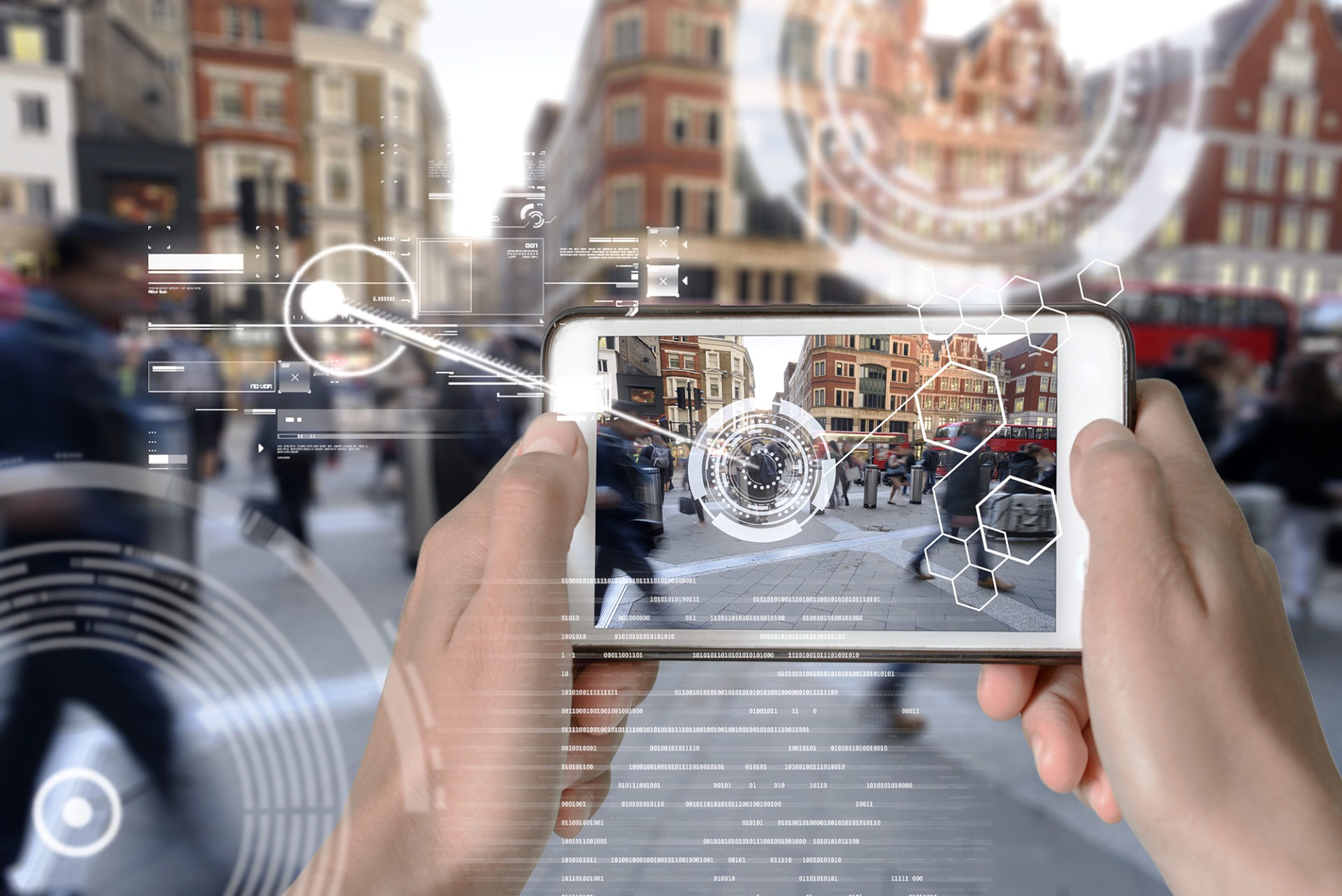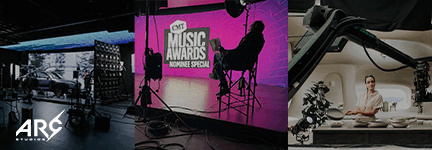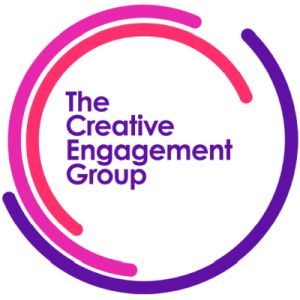
2020: The Rise of Intelligent Event Ecosystems

The future of events is ripe for innovation. With continual shifts in our technological culture and the pace of an ever-evolving digital landscape, it seems only natural that 'digital' is going to play an even more significant role in events going forward.
For me, events share many similarities to where retail brands are heading. Several retailers are ahead of the game when it comes to an understanding of their audience and exploring the idea of 'cross-pollinating' technologies to create frictionless experiences for their customers that do not adhere to a typical linear purchase journey.
A great example is Nike. They're using data captured from multiple paid and owned media to create 'intelligent stores' that stock products based on popularity in a specific town. Combined with their other marketing channels, their ecosystem, if you like, Nike is reimagining the entire shopping experience from in-home to in-store and beyond. They're creating 'curated customer journeys' that feel relevant, convenient, and authentic - closing the gap between physical and digital locations.
What does this mean for events and the pre and post journey that surrounds them? Well, let's start by replacing 'the Store' with 'the Event.'
Intelligent, frictionless event experiences
In essence, events use face to face, physical engagement to build strong and lasting emotional connections with an audience, punctuated by transactional moments designed to pass on knowledge, deliver brand messaging, or creating contacts. Making these 'moments' relevant in an intelligent way will move towards making connections stronger.
However, to move the dial, we need to surround events with technology that can power an intelligent ecosystem of interconnected digital content and experiences that become the continuous thread throughout the audience journey. This means an even more personalised and richer experience.
Like other industries, amassing vast amounts of data from multiple sources will make a huge step-change. Imagine using a tool like A.I. to combine data gathered from across social, search, browsing, commerce, and past event attendance. You start to build a rich picture of 'who' is attending your event at a very granular level.
Hyper-personalisation
It's the intelligent merging of multiple data sources that will allow event organisers to think deeper about their own' event ecosystem' and how they can match content and experiences to the profiles and interests of the audience attending. Yes, there will always be concerns about privacy, and digital systems will always need to adhere to GDPR and be fully transparent. Still, I suspect attendees will put more value on enhancing an event experience with hyper-personalisation over the negatives.
Thanks to continuing advancements in mobile technology, these ecosystems can be available and unlocked throughout the audience journey at pretty much any location and time that suits or more importantly, is relevant. We can begin to combine innovations like A.R., V.R. and voice alongside more traditional channels to reach across multiple touchpoints both on and offline.
'Events of one'
Like the shopping experience that I mentioned earlier, this moves us towards an idea like markets of one, or in this case, events of one. Yes, events are social, collaborative experiences, but, ultimately, they need to resonate directly with an individual to make it unforgettable. The future of events will be an intelligent one.
What about the event itself? Enter 5G, the AR-cloud, edge computing, and A.I. All the buzz words I hear you say. However, by taking a leap and thinking about how these seemingly disconnected technologies can be combined, there's an opportunity to augment events in new and exciting ways.
What 5G means for events
5G will open up possibilities to stream and access content or data on an entirely new level, which could completely transform the audience experience.
Consider big football games. All players now wear monitors during a match that track, movement, speed, and distance covered. If fans were given 5G connectivity in their seats, then this type of data could be exposed in real-time as part of the 'live' experience. Add the potential for watching highlights on the fly or views from different cameras placed around the stadium, and you've changed the game (or keynote presentation) entirely.
Combine a concept like this with the AR-cloud, and we'll be able to create layers of data or content over the real world. In essence, we can have a single map with multiple realities. So in this the case of a sports stadium, we could be providing live visual data that using A.R. could be placed over the pitch to show possession stats, passing data, or attacking heatmaps that develop as the game unfolds. Perhaps even comparing historical performance data.
But it isn't just a sports stadium. A concept like the AR-cloud will allow data and virtual objects to be positioned geographically with a high degree of accuracy while retaining persistence on the map. Meaning it's possible to have a single map that holds multiple realities. For example, using locationally placed A.R. as digital signage will allow a venue to transform it's look based on the event that is taking place on any given day or dressing for a stadium. Maybe we could use location to trigger small 'shoppable' experiences on their mobile devices that allow them to purchase merchandise.
Using data & insight
For an event to have a long-lasting impact, it's essential to consider your audience's journey in full, developing a strategy that uses data to create a consistent thread. Thinking this way will allow for a more joined-up end to end experience, which can be personalised before the doors open and react 'live' during the event. The key here, though, is to create useful or unforgettable 'event moments' that are additive to the overall experience, rather than just noise.
The truth is, right now, a number of these technologies are in their infancy, but 'right now' is the time to start thinking about how to use them. This shift will be just as disruptive as we've seen across other industries.
The future is about creating seamless, intelligent experiences that begin before the doors open, and continue engaging during and way beyond — maximising the overall experience.










